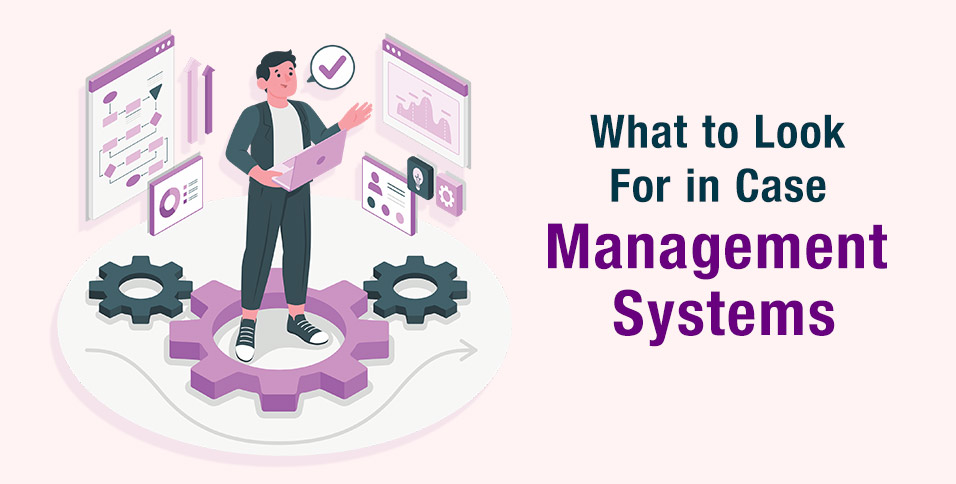As caseloads and organizational complexity continue rising, most institutions are overwhelmed by disconnected data scattered across managers and systems. Crucial information gets lost, cases fall through the cracks, and staff burnout escalates. However, this crisis constitutes an opportunity for forward-thinking institutions to transform disjointed data into decision-driving insights by implementing centralized case management systems.
Robust case management software consolidates client records, status tracking, referrals, and reporting into user-friendly digital platforms accessible across devices. Structured yet customizable architectures combined with role-based access promote smooth information flows across management silos.
Advanced analytics and system integrations generate real-time visibility while tight security protocols maintain data integrity. As the foundation supporting responsive, insight-led case oversight, purpose-built case management systems today provide indispensable tools for organizations seeking to enhance both outcomes and accountability.
The following sections will delve deeper into the must-have attributes setting apart modernized case management solutions ready to propel institutions to the next level of service quality and efficiency.
User-Friendly Interface
An intuitive user interface facilitates rapid adoption by minimizing complexity for staff. Optimal systems enable customization of terminology, workflows, and permissions to fit specific organizational contexts. This adaptability ensures a case management solution can scale and evolve along with operational needs. Prioritizing usability and flexibility will drive consistent usage while allowing seamless growth.
Customization and Flexibility
The modern digital environment relies on interconnected systems to manage information flows. Case management software that readily integrates with complementary tools like email, calendars, and documents drives workflow continuity. This enables smooth data sharing across platforms, enhancing productivity through centralized access rather than disjointed silos spread across multiple interfaces.
Proactive Data Security
Protecting sensitive case information remains paramount, particularly given expanding data regulations. Leading case management systems incorporate robust encryption, access controls, user authentication protocols, and compliance with relevant mandates like HIPAA or GDPR. These proactive security foundations guard data integrity without impeding legitimate access to needed information.
Custom Reporting and Real-Time Analytics
Insight-driven organizations require in-depth visibility into case metrics to guide decisions. Customizable dashboards and advanced reporting allow monitoring of key indicators like case volume, status changes, service quality, and emerging trends. This arms leadership with on-demand, real-time analytics to pinpoint what is working versus areas requiring process improvements.
Mobile Accessibility
Enabling work from anywhere is now a necessity, not a luxury. Mobile-optimized case management systems give on-site and remote staff reliable access through smartphones and tablets. This empowers teams with case detail lookups, status updates, and client communication from any location, promoting responsiveness.
Ongoing Training and Support
Transitioning to a new system necessitates training and readily available assistance to troubleshoot issues. Select providers who offer onboarding education paired with extensive help documentation and responsive technical teams. Ongoing training reinforces best practices across evolving system capabilities and new personnel.
Conclusion
Ultimately, case management technology serves as a conduit rather than an outcome – the tool driving process improvement rather than a solution in itself. Priority rests in selecting systems with attributes that enhance staff productivity, leadership decision-making, customer-centric interactions, and seamless cross-platform functionality.
With robust usability, analytics integrations, and data protection prioritized, modernized case management systems offer institutions foundational platforms primed for both growth and guarding against disruption amid ever-accelerating information flows. With informed evaluation guiding technology investments followed by a commitment to process excellence, organizations gain the agility needed to deliver consistently positive case resolutions, both now and in the future.
Also Read: Best Practices for Implementing Identity and Access Management in Healthcare
















